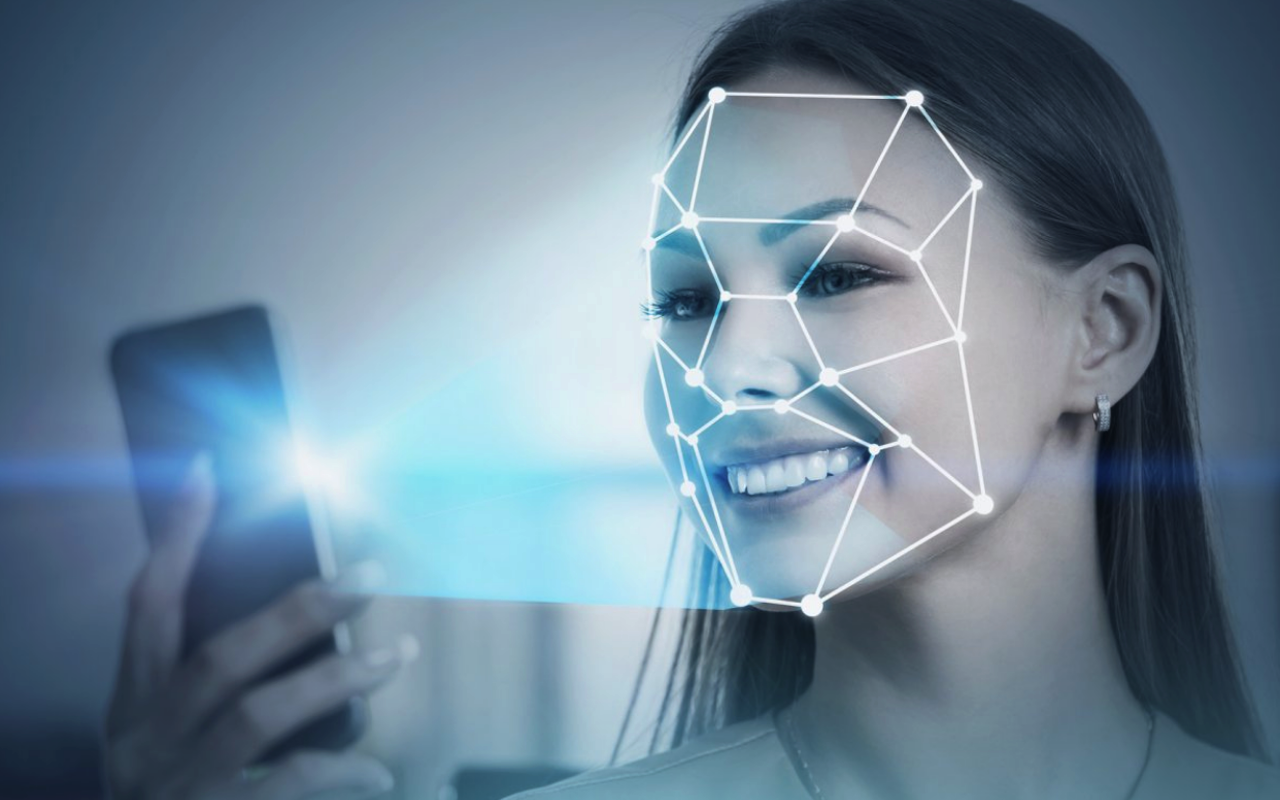
One of the most widely used technologies in personal device security, retail, and authentication is facial recognition. The ability to identify someone by their unique facial features has sparked both excitement and concern. Supporters highlight its efficiency and potential to enhance safety, while critics emphasize its ethical drawbacks, including privacy violations, discrimination, and the risk of misuse. This discussion explores the multidimensional ethical debate surrounding facial recognition technology, examining its implications, concerns, and potential solutions.
Privacy Issues in the Use of Facial Recognition
To the extent that personal privacy is taken seriously, facial recognition is applied to a very high degree. Facial information is publicly accessible but specific to a person, making its collection and storage is a sensitive issue as compared to a password or PIN.
- Unauthorized Surveillance: Governments and companies may use this technology in public spaces without individual consent, leaving people under constant observation. For example, cities like London and Beijing have already integrated it into their CCTV systems, raising concerns about a potential move toward a totalitarian state.
- Data Security Risks: Biometric data stored in central databases is one of the biggest targets for cyberattacks. Unlike a hacked password, individuals cannot change their faces if this sensitive data is compromised.
- Lack of Consent: Many systems do not explicitly seek user approval before collecting facial data, such as facial-recognition cameras analyzing shopper behavior in stores. This undermines personal autonomy and transparency.
The most effective way to address these concerns is through strong data protection legislation, clear usage agreements, and well-defined methods that allow individuals to opt out of facial recognition systems.
Bias and Discrimination in Facial Recognition Systems
The other ethical issue is that facial recognition technology can be used in ways that reinforce prejudice and discrimination. Studies have shown these systems are often highly erroneous, particularly when applied to certain groups in society.
- Racial and Gender Bias: Tests such as the 2018 Gender Shades study revealed that facial recognition algorithms are more likely to falsely identify individuals with darker skin tones and women compared to lighter-skinned men. This can lead to unfair consequences in areas like criminal justice, employment, and access to services.
- Perpetuating Bias: Because these systems are trained on biased data, they can replicate and even amplify the inequalities that already exist in society. As a result, marginalized populations are disproportionately affected.
- Lack of Accountability: When errors occur, responsibility is often unclear. It may not be evident whether the fault lies with the developers, the companies deploying the technology, or the regulators overseeing its use. This lack of accountability leaves victims with little recourse.
In an attempt to minimize bias, different sets of training data, regular third-party audits, and different development teams should be used to ensure that the facial recognition technology is used fairly across all populations.
Misuse and Authoritarian Risks
The biggest ethical risk is that governments or corporations may misuse facial recognition in ways that undermine individual rights and freedoms. In repressive systems or unregulated business environments, the technology can become a tool of abuse.
- Mass Surveillance: In some countries, such as China, facial recognition has been incorporated into social credit systems, where citizens’ actions are monitored, and their liberties restricted based on a score. This raises serious concerns about authoritarian levels of control.
- Corporate Overreach: Businesses can exploit facial data for profit, either by targeting users with ads or building detailed customer profiles, often without the individual’s knowledge or consent.
- The Chilling Effect: When people know they are being constantly monitored, they may self-censor, holding back from expressing themselves freely. This climate of surveillance can suppress creativity, discourage dissent, and erode democratic values.
The best way to prevent these abuses is through strong regulatory frameworks, restrictions on high-risk applications (such as real-time public surveillance), and a commitment to civic responsibility.
Balancing Benefits and Ethical Challenges
There is a dark side to facial recognition technology, but there are also undeniable benefits, such as stronger security and greater convenience. The ethical challenge lies in striking a balance between maximizing its advantages and minimizing its harms.
- Enhanced Security: The technology can help the police crack down on suspected individuals in a relatively short time, increasing the security of the citizens.
- Comfort and Time-Saving: When applied transparently, the technology provides convenience—unlocking smartphones, expediting airport check-ins, and streamlining everyday processes.
- It needs to be regulated: To ensure ethical deployment, regulations are essential. For example, the EU’s AI Act proposes stricter rules for high-risk uses of facial recognition to safeguard individual rights.
The middle ground involves fostering innovation while maintaining strong ethical principles, through legislation, citizen engagement, and responsible industry practices.
Conclusion
Facial recognition is an ethical dilemma that raises questions of privacy, justice, and liberty. While it offers notable security and convenience benefits, the risks of surveillance, bias, and misuse cannot be ignored. Responsible use, grounded in transparency, inclusivity, and strict oversight, can help align the technology with the interests of society. The next step is continued dialogue among technologists, policymakers, and communities to ensure facial recognition develops in line with core ethical principles.
Share this post
Leave a comment
All comments are moderated. Spammy and bot submitted comments are deleted. Please submit the comments that are helpful to others, and we'll approve your comments. A comment that includes outbound link will only be approved if the content is relevant to the topic, and has some value to our readers.

Comments (0)
No comment